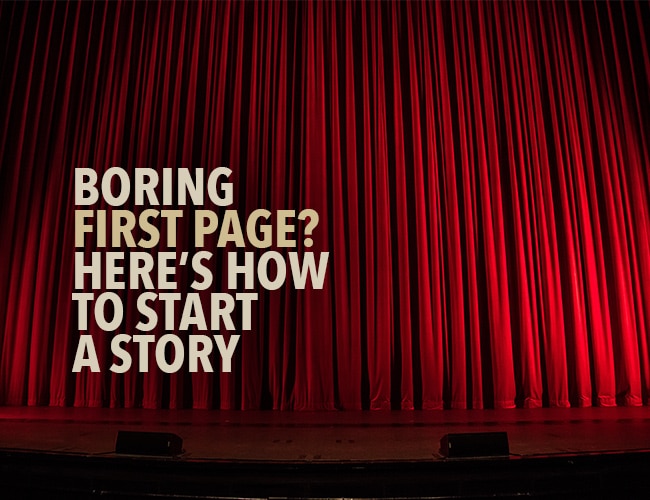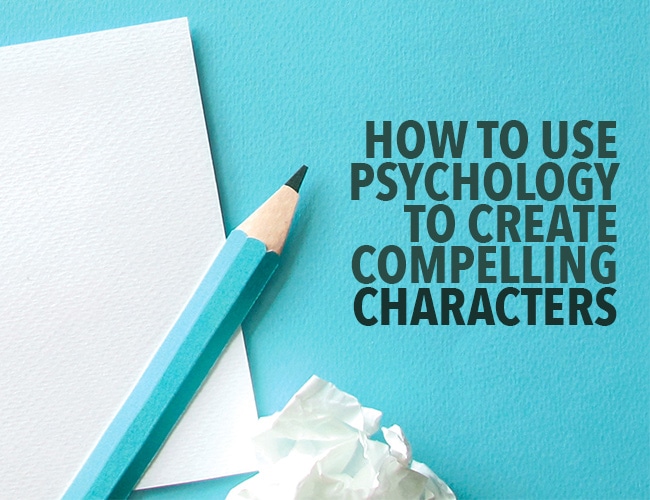
by David Safford |
Nobody likes writing the middle of a story. Not only is the middle of a story the part where writers usually quit, it’s the part where readers quit too! The middle of a story can often feel unfocused, slow, or predictable. Sometimes even published and respected stories can feel like they lose their sense of direction and purpose in the middle.
But your story needs to be told. You need to start and finish it with confidence. And the way to write an amazing, page-turning middle to your book lies in answering three essential questions.

by Sue Weems |
Opening scenes are just hard. Figure out how to start a story right and you capture the reader, set the tone, and propel the story forward. Do it wrong, and you risk losing a reader. Here’s one opening to avoid: the empty stage setting.

by Sarah Gribble |
How many times have you heard someone say a character in a movie or book felt “flat” or cliché? As writers, we want to create strong characters our readers will fall in love with. We don’t want readers to be bored or roll their eyes at the people we’ve created. Today we’re talking with romance author Callie Sutcliffe on how to develop characters readers care about.

by Sue Weems |
Most of us try to avoid hard things. We have traffic apps to help us steer clear of wrecks and construction on the roadway. We espouse slogans like “work smarter, not harder.” We love hacks, apps, and tips to make most anything easier or more comfortable.
But what if the hard thing is the best way to become the people we want to be? What if we’re avoiding the very thing that holds the key to our growth?
Sometimes as writers, we let our characters settle for the easy life. What is the default state for your main character? Where is he most comfortable? You’ve got to get the character out of that state as quickly as possible.

by Sue Weems |
It’s that time of year again. The newness and hope of a fresh start has worn off and if you’re like me, old habits beckon like a warm blanket. Whether you are still holding firm on your resolutions, didn’t make any, or have already abandoned your “new year, new you,” the challenge of resolutions provide a host of ideas for writing.

by Joslyn Chase |
How do you create characters that resonate with readers, stirring their emotions and rousing their empathy? That’s the goal we all share as writers, right? What if there were a way to combine psychology and writing to make your characters come alive on the page?
To build characters that strike a chord within readers, you need to craft someone who feels realistic, someone your readers can relate to because their motivations and behaviors are modeled on the way real people think and act.








